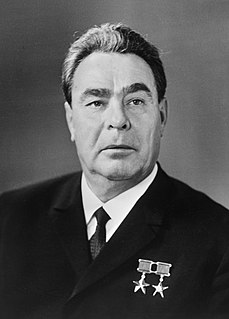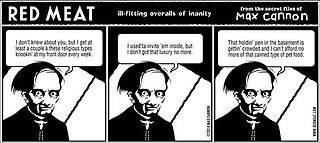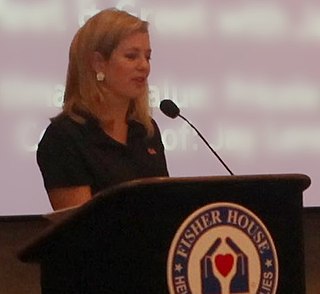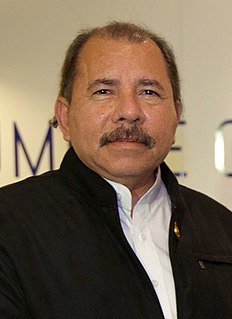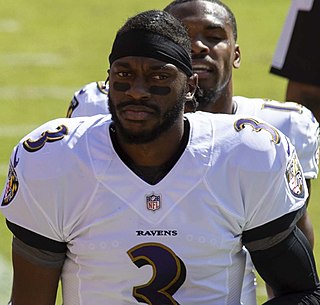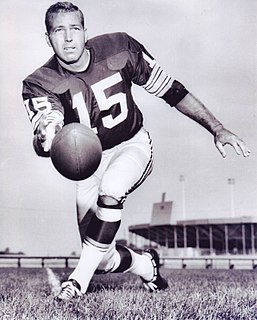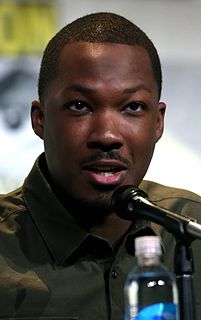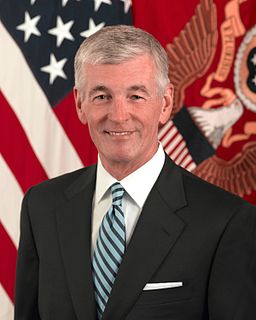A Quote by Nate Powell
I did grow up in a military family but lacked the perspective to grasp the cognitive dissonance carried by most people who serve in the armed forces or the circumstances that push lots of folks into the military. I don't blame G.I. Joe or Rambo for that atmosphere, but they certainly reflected the final stage of a two generation cultural myth.
Related Quotes
On Veterans Day, the country honors those in uniform and the sacrifices they have made across the globe. But as a military spouse who reports on the issues facing military families, I've learned that one of the biggest challenges is when a service member transitions out of the armed forces and into the civilian workforce.
I worked with the Nato Military Committee. The Head of the Luxembourg Armed Forces had equal standing with me, and I had to respect that. He was the leader of the armed forces of a sovereign country. I had to make sure he never thought that I was looking down on them, merely because they had less power than we did. With that kind of approach you can develop bonds of trust. I tried to do the same thing with my colleagues when I was Secretary of State.
There was sort of a negative association with the military. Maybe growing up in the South or being in a family with members of the military, I didn't have that negative connotation, but I did have this 'separate' connotation. I was ashamed to realize I had it and did not realize I had it until I was [in Iraq]. I was so impressed by the people I met over there and there was just a sense of connection and gratitude towards those people.
This Iraq war has been the most "privatized" war in America's history. It has seen the most extensive use of contractors. The contractors have increased the costs; but they have been necessary - the military simply could not have done it on their own. we would have had to increase the size of the military. But the George W. Bush Administration wanted America to believe that it could have a war, essentially for free, without raising taxes, without increasing the size of the armed forces.


